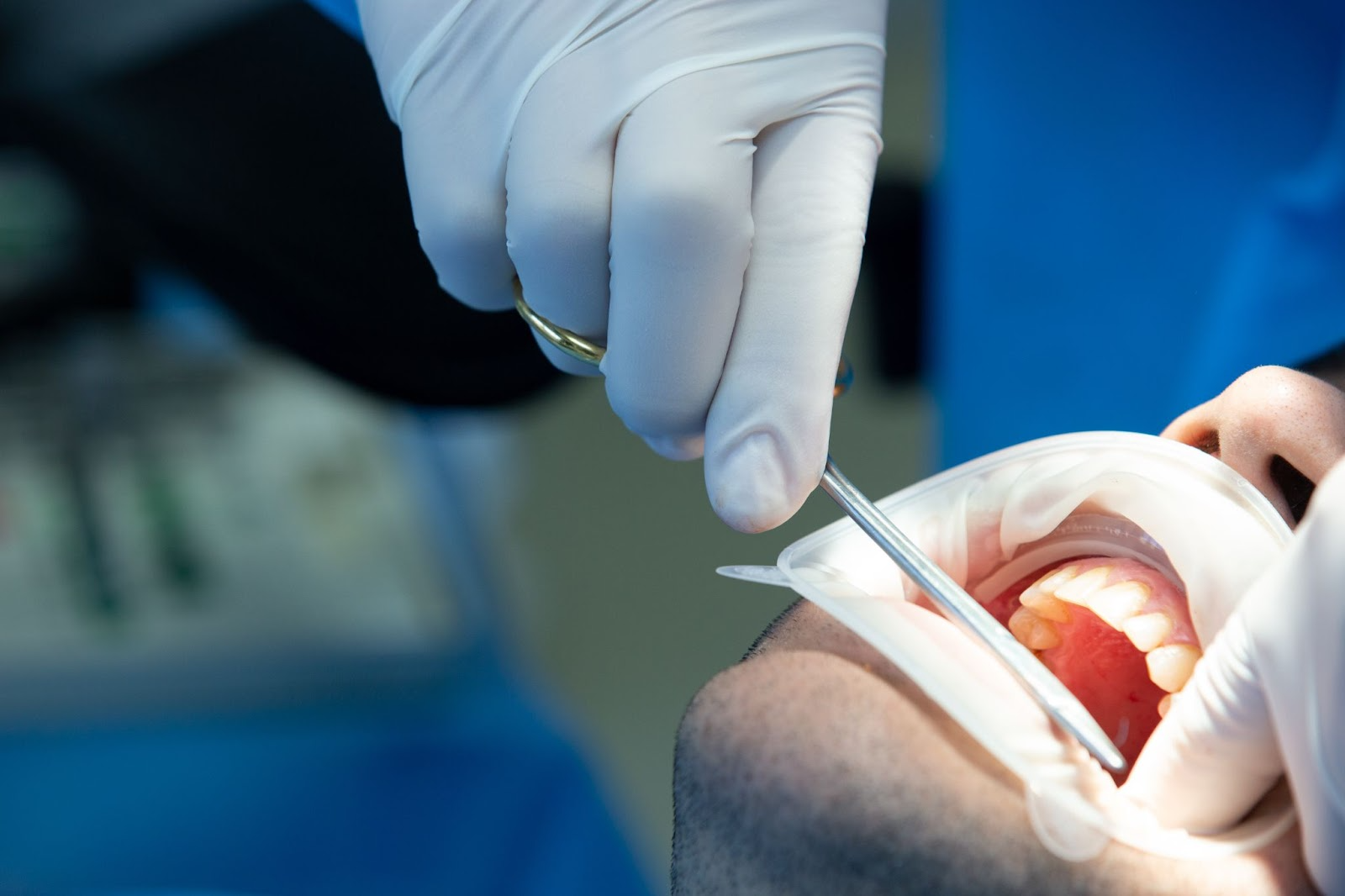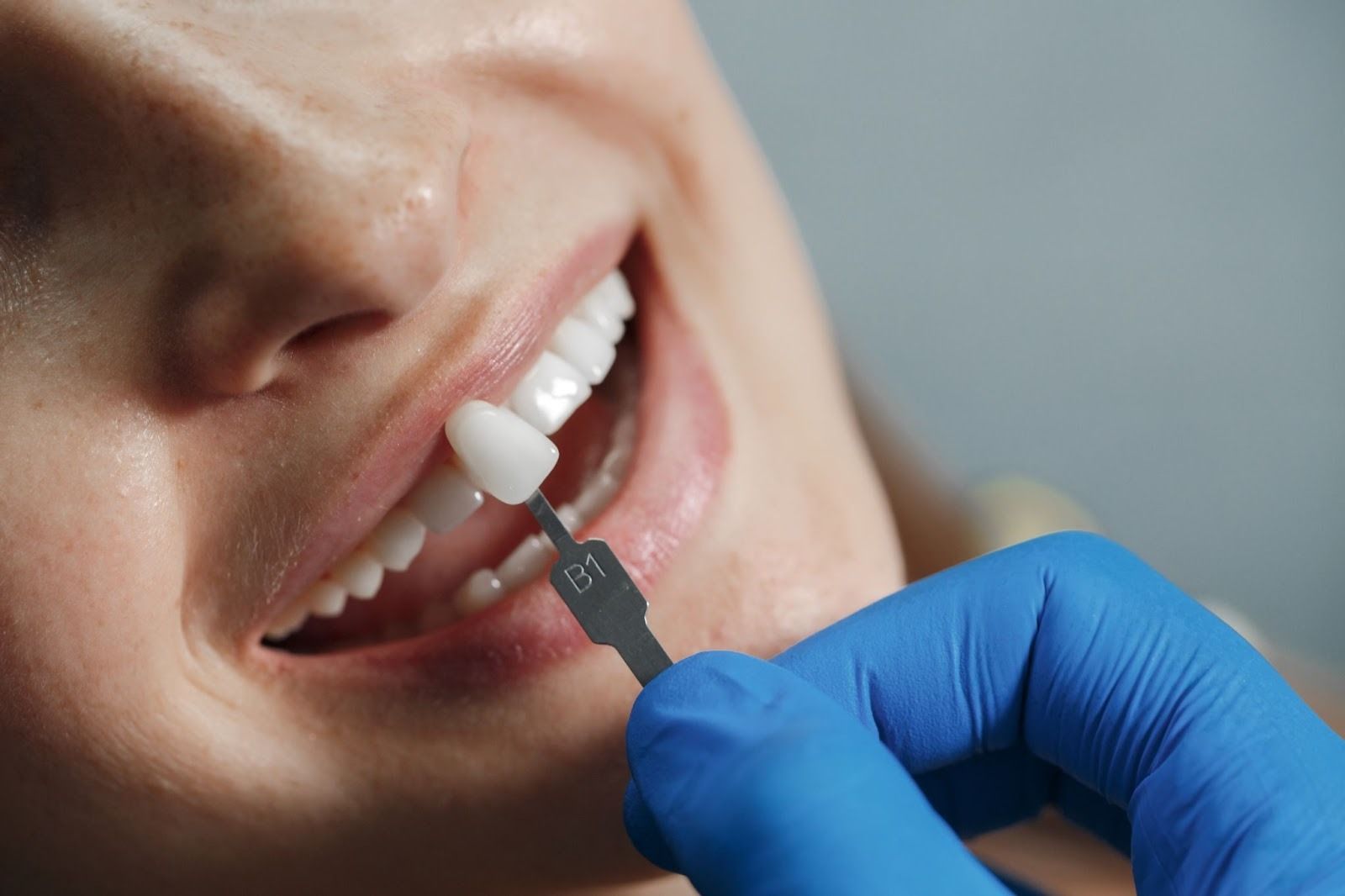Root Canal Pain in Bushwick: Myths and Facts

If your dentist has recommended treatment, your first thought may be: does root canal hurt Bushwick? This is one of the most common questions patients in Brooklyn ask when they hear they need endodontic therapy. Root canals have a long-standing reputation for being painful, but with modern techniques and anesthesia, they are no more uncomfortable than getting a simple filling. At Park Dental Care Brooklyn, patients often find the procedure far less intimidating than expected thanks to advanced technology and compassionate care.
This article will clear up the myths surrounding root canal pain, explain what really happens during the procedure, share recovery tips, and break down the costs of treatment in Brooklyn.
What Is a Root Canal? Understanding the Basics
A root canal, also known as endodontic treatment, is a dental procedure that saves a tooth with infected or inflamed pulp. Instead of extracting the tooth, the dentist removes the infected tissue, cleans and disinfects the canals, and seals them to prevent reinfection.
Why Root Canals Are Needed
- Deep decay that reaches the pulp
- Cracked or fractured teeth
- Trauma to the tooth
- Severe infections or abscesses
Without treatment, the infection can spread, causing swelling, bone loss, and even systemic health issues.
Myth vs Reality: Does Root Canal Hurt in Bushwick?
Myth 1: Root Canals Are Extremely Painful
- Reality: Thanks to local anesthesia, most patients feel little to no pain during the procedure. Discomfort is usually mild and temporary.
Myth 2: Tooth Extraction Is Better
- Reality: Saving your natural tooth is almost always the best option. Root canals preserve chewing function, prevent shifting teeth, and avoid costly replacements.
Myth 3: Pain Lasts for Weeks
- Reality: Mild soreness for a few days is normal, but most people return to daily activities quickly.
Myth 4: Root Canals Don’t Work
- Reality: With proper care, a root canal can last a lifetime. Success rates are above 90% according to the American Association of Endodontists (AAE).
Endodontic Procedure Steps: What Happens During a Root Canal?
Patients often fear the unknown. Here’s a step-by-step breakdown of what happens during a typical root canal in Bushwick:
- Diagnosis & Imaging – X-rays identify the infection.
- Local Anesthesia – Numbs the tooth and surrounding area.
- Access Opening – Dentist makes a small opening to reach the pulp.
- Pulp Removal – Infected pulp tissue is removed.
- Canal Cleaning & Shaping – Canals are disinfected and shaped.
- Filling & Sealing – Canals are filled with gutta-percha (a rubber-like material).
- Restoration – A crown or filling restores tooth strength.
Patients may feel slight pressure but rarely pain during these steps.
Root Canal Pain: What to Expect Before, During, and After
Before Treatment
- Pain usually comes from the infection itself, not the procedure.
- Swelling, throbbing pain, or sensitivity to hot/cold are common symptoms.
During Treatment
- Local anesthesia prevents pain.
- Patients may feel mild pressure or vibration from dental tools.
After Treatment
- Temporary soreness for 2–3 days is normal.
- Pain relievers and recovery tips help manage discomfort.
- Most patients return to work or school the next day.
Keyword placement: This section addresses root canal pain NYC and explains the true patient experience.
Pain Management: How Dentists Make Root Canals Comfortable
Dentists in Bushwick use several strategies to ensure patient comfort:
- Strong local anesthesia for complete numbness.
- Sedation dentistry options for anxious patients.
- Modern rotary tools that shorten procedure time.
- Compassionate communication to reduce anxiety.
With these methods, root canal procedures are far less intimidating than their reputation suggests.
Root Canal Recovery Tips for Bushwick Patients
Aftercare plays a key role in healing and comfort. Here are practical root canal recovery tips:
- Take prescribed medications – Follow dentist’s instructions for pain relief or antibiotics.
- Avoid chewing on the treated tooth until restored with a crown.
- Stick to soft foods for a few days (soups, yogurt, mashed potatoes).
- Maintain good oral hygiene but brush gently near the treated area.
- Schedule follow-up visits to ensure proper healing.
Most patients report steady improvement within 48–72 hours.
Root Canal Cost in Brooklyn
Cost is another common concern. The root canal cost in Brooklyn depends on several factors:
- Front tooth (single canal): $600–$1,100
- Premolar: $700–$1,200
- Molar (multiple canals): $900–$1,500
- Crown (recommended after root canal): $900–$1,500
While insurance may cover part of the cost, many Bushwick dental offices offer payment plans. Considering it saves your natural tooth, root canal treatment is often more cost-effective than extraction and implant placement.
Choosing the Right Endodontist in Bushwick
When asking does root canal hurt in Bushwick, the answer also depends on who performs your treatment. Look for:
- Experienced endodontists or general dentists skilled in root canal therapy.
- Positive patient reviews and testimonials.
- Advanced technology like digital X-rays and rotary instruments.
- Clear explanations of procedure, risks, and costs.
Selecting the right provider makes a major difference in comfort and long-term results.
Conclusion: Root Canal Myths vs Reality
So, does root canal hurt in Bushwick? The reality is that modern root canal treatment is a safe, comfortable, and effective way to save an infected tooth. While myths make people fear the procedure, patients often report it’s no worse than a routine filling.
With advanced anesthesia, sedation options, and skilled endodontists in Brooklyn, pain is minimal and recovery is quick. The benefits saving your natural tooth, preventing infection, and restoring your smile far outweigh the temporary discomfort.
If you’re experiencing tooth pain or think you might need a root canal, Contact us today at Park Dental Care Brooklyn to schedule your consultation and take the first step toward relief.
Does root canal treatment hurt during the procedure?
No. Local anesthesia ensures the tooth and surrounding tissues are numb, so patients rarely feel pain.
Why do people say root canals are painful?
Most of the pain comes from the infection before treatment, not the procedure itself.
How long does recovery take after a root canal?
Most people recover within a few days. Some sensitivity may last up to a week.
What happens if I avoid a root canal?
The infection may spread, leading to abscesses, bone loss, or even tooth loss.
Is the cost of a root canal in Brooklyn worth it?
Yes. Saving your natural tooth is almost always more affordable than replacing it with a dental implant.










